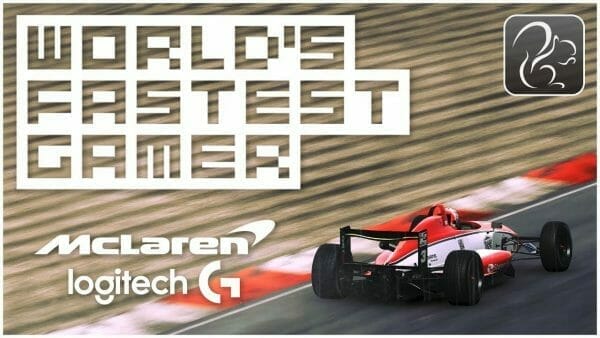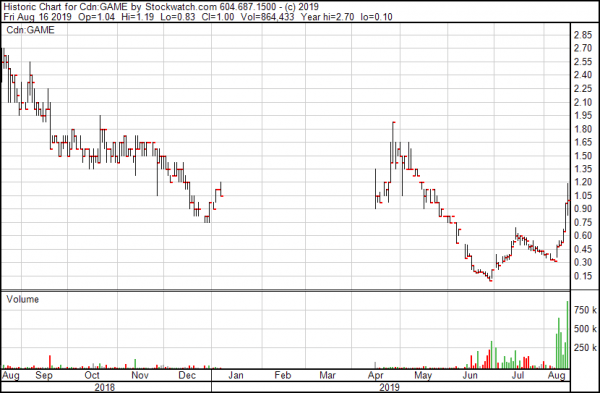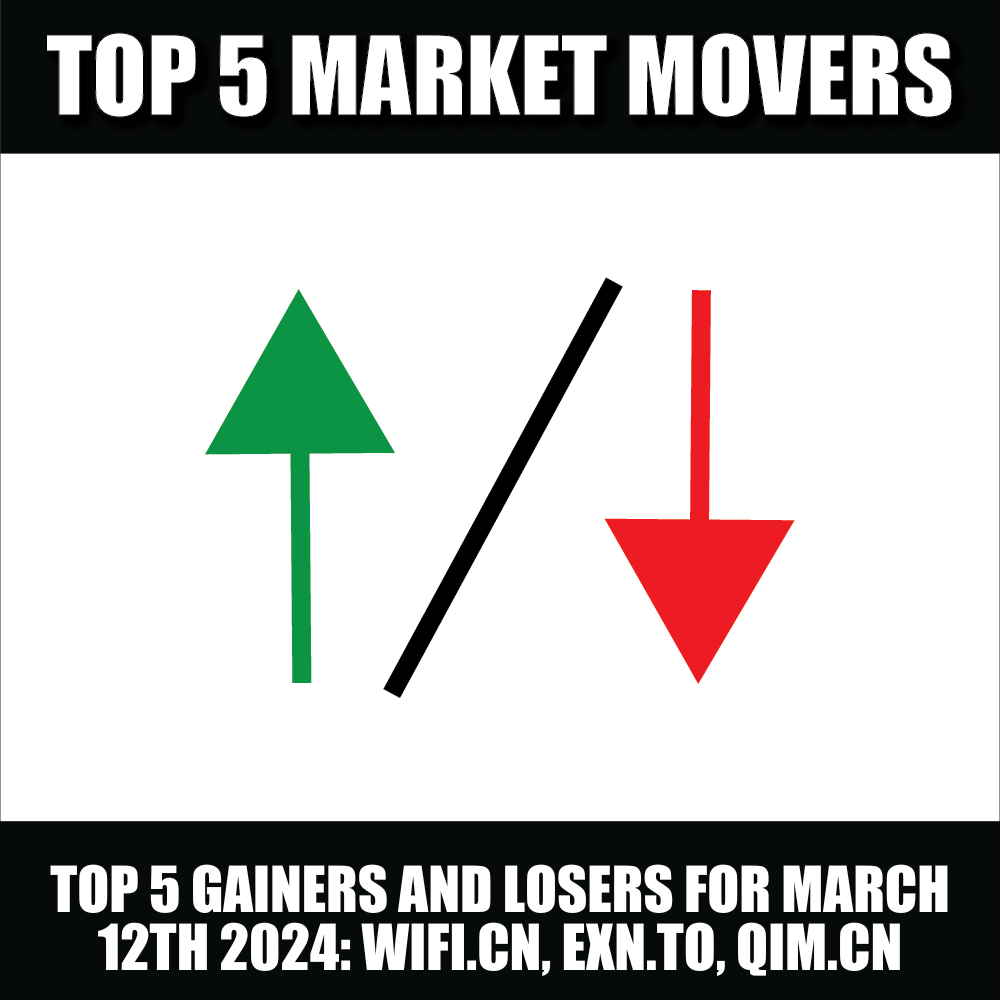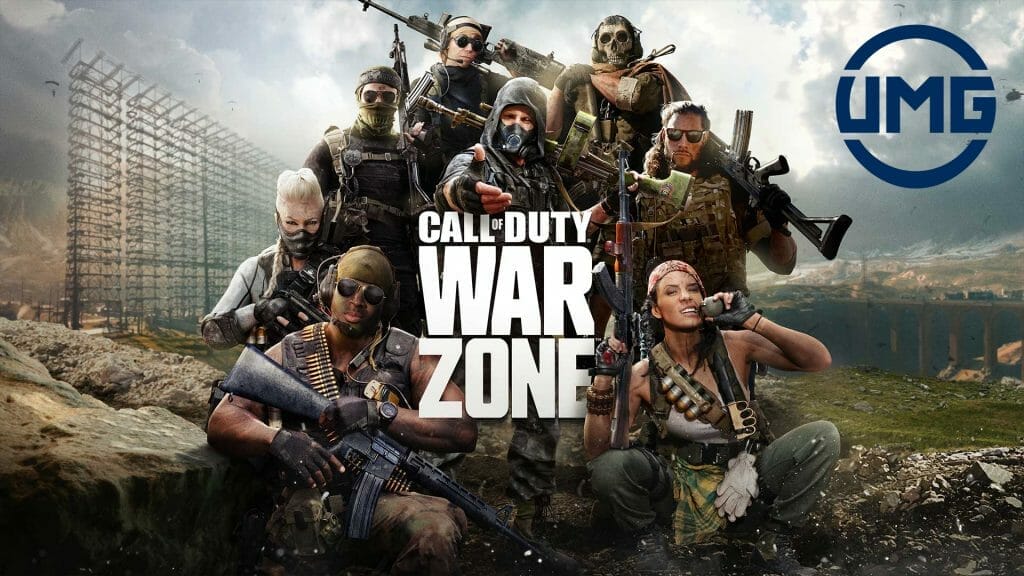Millennial Esports (GAME.V) has revealed the first of several new partners for the second season of their e-sports racing competition.
The competition is the brain-child of GAME’s CEO, Darren Cox. It’s part of the rejuvenation of their brand, company and image, after last year’s disastrous showing that culminated in the company restructuring during a multiple month trade halt for tardy financials.
“We’re delighted to welcome Allinsports as the latest partner for the World’s Fastest Gamer competition and look forward to unveiling more of the top brands in the coming months,” said Cox.
This contests pits 10 gamers in real-life and virtual competitions to win a full-time real-world race seat worth more than USD$1 million. The winner will be able to compete at some of the most famous tracks in the world in 2020. These competitions will use the Allinsports eRacer gaming rig—which is a e-sports cockpit worth USD$30,000.
It’s a good deal and an interesting promotion for esports enthusiasts, but is Millennial Esports early to the esports party? That’s the question that Cox is going to have to answer in the next few months.
Everybody who pays attention to such things knows that esports is going to be huge. Global esports revenues will hit $1.1 billion in 2019, up 27% since last year amid ballooning revenues from advertising, sponsorship and media rights to competitive video gaming.
As for GAME and their story, there was a definitive reason why GAME wanted to delay the delivery of their financials. They did not have a good 2018 financially, and the story naturally begins on the balance sheet.
- A cash position of $447,905
- Total Assets of 13,144,665, of which $7 million is goodwill.
- Total Liabilities 10,185,991
- Convertible debentures 2,205,324
- Deficit 29,483,422
What that cutout doesn’t offer is the amount they’ve raised using convertible debentures.
On December 18, 2018, the Company closed a first tranche of its non-brokered private placement of convertible debentures in the principal amount of CAD$1,600,000 (1,196,480). The debentures will mature 24 months from the date of issuance and bear interest at a rate of 12% per annum, payable on maturity. The debenture holders may convert at any time, all or a portion of the convertible loan principal into units of the Company at a price of CAD$0.09 ($0.07) per unit for the first 12 months and thereafter at a price of CAD$0.10 ($0.08) per unit until maturity.
Whenever you take out a credit card or a line of credit with a bank, the bank is effectively rolling the dice on your future profitability. They want to yank as much interest out of you as they can while you pay that debt off.
If you default on your credit card or loan, the bank and debt collection agencies will get on your case, but ultimately after many years of threatening phone-calls from debt collectors, (and if the amount is not enough to merit a court procedure to secure a judgement) it will be written off. The banks will have to absorb it.
With debentures, it’s a bit different, but not much. When a company issues a debenture, they’re accepting money in exchange for paper, which the buyer can then convert into shares after a specified period, which is usually when the company’s price-per-share reaches a certain threshold. It’s essentially a fixed-rate loan that carries an interest rate paid to the lender.
Bondholders also have the option of holding the convertible debenture until maturity, and then receive the return of the principle. If the lender calls the debt in, or the debenture matures, and GAME hasn’t been successful, then they’re going to have to cover the amount. That can be disastrous.
The above financial data is also from their May 3 filing, and since then the company has closed another $15 million debenture private placement, adding to their pile of debt, and implemented a 1:15 stock rollback (or reverse stock split).
Here’s what Investopedia says about rollbacks:
A reverse stock split is a type of corporate action which consolidates the number of existing shares of stock into fewer, proportionally more valuable, shares. The process involves a company reducing the total number of its outstanding shares in the open market, and often signals a company in distress. A reverse stock split divides the existing total quantity of shares by a number such as five or ten, which would then be called a 1-for-5 or 1-for-10 reverse split, respectively.
So they’re bordering on desperation and raising cash to go all-in on two new apps, World’s Fastest Gamer and Gear.Club, in hopes that they can catch the headwind of the esports craze before the ass falls out of their aspirations.
As far as hail marys go, this one’s got moxy.
So far it’s working: They’re up 300% this month.
But how long can it last?
It’s bets like this that make the millennial esports story one to watch.
—Joseph Morton








